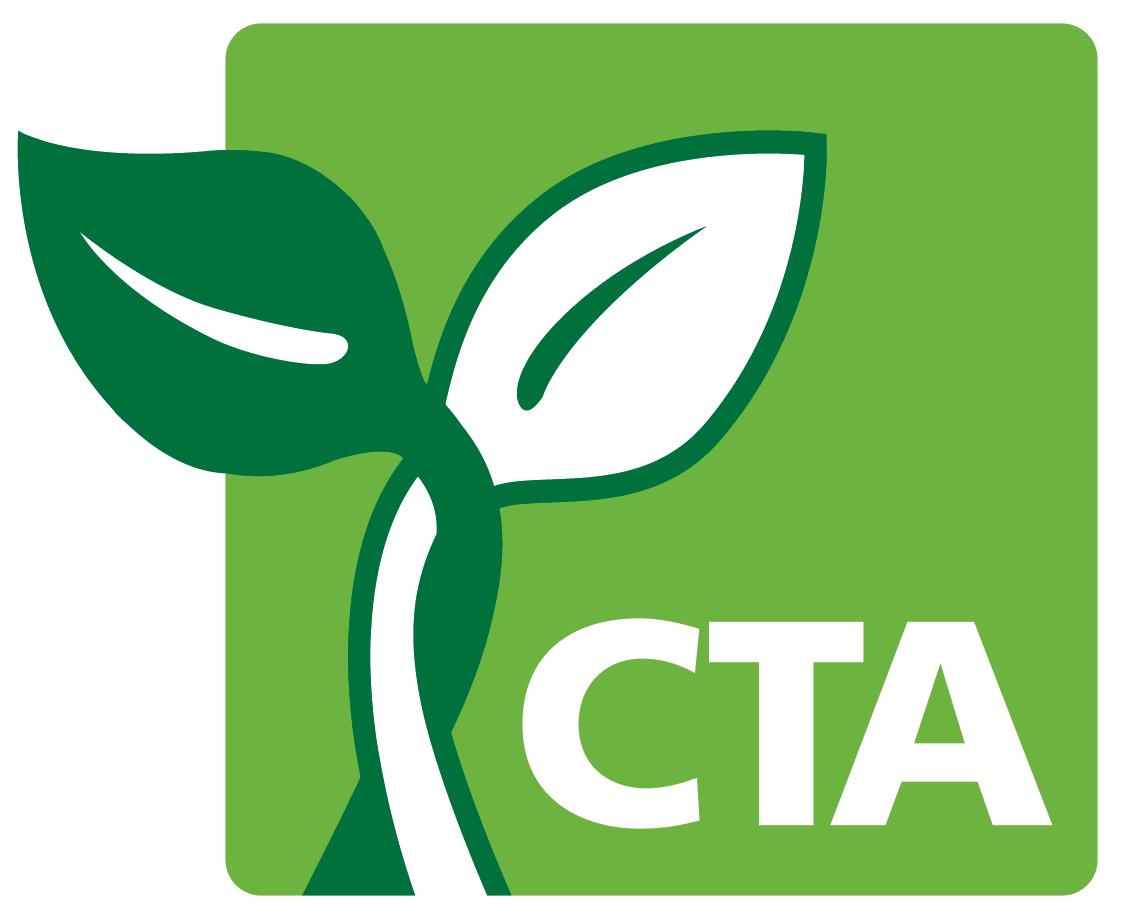Focal point
Location
The Technical Centre for Agricultural and Rural Cooperation (CTA) is an ACP-EU institution working in the field of information for development. We operate under the ACP-EU Cotonou Agreement and our headquarters are in The Netherlands. When it was set up, in 1984, CTA was given the challenging task of improving the flow of information among stakeholders in agricultural and rural development in African, Caribbean and Pacific (ACP) countries.
Our work focuses on three key areas:
- providing information products and services (e.g., publications, question-and-answer services and database services);
- promoting the integrated use of communication channels, old and new, to improve the flow of information (e.g., e-communities, web portals, seminars, and study visits);
- building ACP capacity in information and communication management (ICM), mainly through training and partnerships with ACP bodies.
At the core of all our activities are our partnerships with ACP national and regional bodies. We also work with a wide network of ACP-EU public and private sector bodies, as well as international organisations around the world.
Our overall aim – to better serve the ever-changing information needs of all stakeholders in ACP agricultural and rural development. Through our partners we are working with these stakeholders to achieve the goal shared by the whole development community – poverty alleviation and sustainable development.
Members:
Resources
Displaying 161 - 161 of 161Information and Communication Technologies ICTs: Giving ACP youth a voice.
For the first time in the recent history of rural development there is a possibility of creating an infrastructure that dramatically reduces the isolation of rural life. Although ICTs may seem a fragile basis on which to build far-reaching change, a meeting organized by CTA showed that they can speed up the exchange of knowledge and ideas between urban centres and rural communities. In countries struggling to maintain basic amenities, it is the towns that interface most closely with global society.


